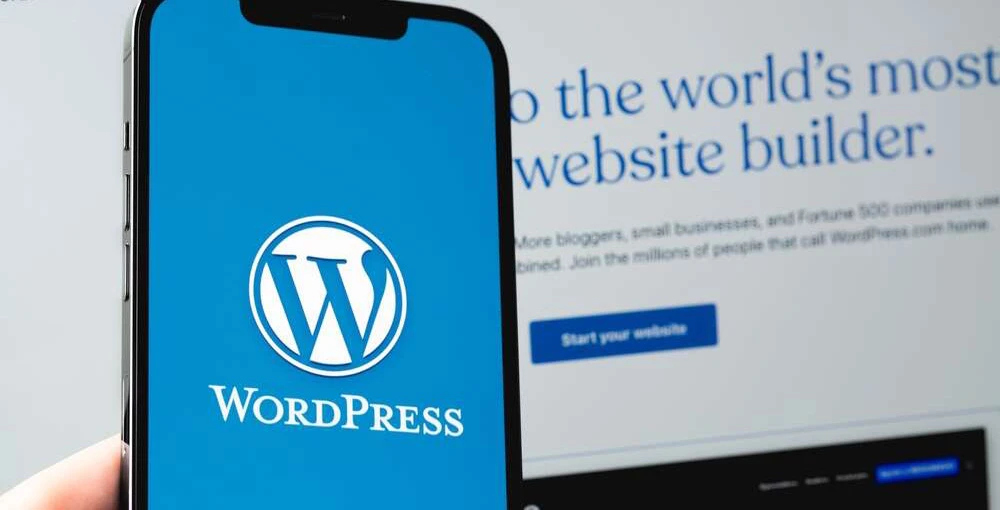10 Ways Investing in Your Website Can Generate More Sales

In today's digital age, your website is your virtual storefront. It's the first place potential customers will go to learn about your business and its products or services. A well-designed and optimized website can be a powerful tool for generating sales. However, a poorly designed or outdated website can have the opposite effect.
Here are 10 ways investing in your website can generate you more sales:
1. Prioritize User Experience (UX)
A user-friendly website is essential for keeping visitors engaged and increasing conversion rates. Ensure your website is easy to navigate, with clear calls-to-action (CTAs) that guide visitors towards the desired action, whether it's making a purchase, signing up for a newsletter, or contacting you for more information.
2. Optimize for Search Engines (SEO)
SEO involves implementing strategies to make your website rank higher in search engine results pages (SERPs). This means using relevant keywords throughout your website content, optimizing page titles and meta descriptions, and building backlinks from other reputable websites. Higher rankings increase visibility and attract more organic traffic to your site.
3. Create High-Quality Content
Content is king in the digital world. Regularly publish informative, engaging, and relevant content that addresses your target audience's pain points and interests. This could include blog posts, articles, infographics, videos, or other multimedia content. Valuable content attracts visitors, builds trust, and establishes your brand as an industry expert.
4. Utilize Effective Calls-to-Action (CTAs)
CTAs are the buttons or links that prompt visitors to take a specific action. Make sure your CTAs are clear, concise, and visually appealing. Use strong verbs and strategically place CTAs throughout your website to encourage visitors to make a purchase, sign up for a newsletter, or contact you for more information.
5. Implement Mobile Optimization
With the majority of internet traffic coming from mobile devices, it's crucial to ensure your website is optimized for mobile viewing. Use a responsive design that adapts to different screen sizes and ensures easy navigation and interaction on smartphones and tablets.
6. Enhance Website Speed
Website speed plays a significant role in user experience and search engine rankings. A slow-loading website can lead to visitor frustration and increased bounce rates. Optimize images, minimize code complexity, and utilize caching techniques to improve website loading speed.
7. Build Trust and Credibility
Display trust badges, such as security seals and payment method icons, to reassure visitors that your website is secure and trustworthy. Include testimonials, case studies, and awards to showcase your expertise and gain credibility among potential customers.
8. Utilize Email Marketing
Collect email addresses from visitors through newsletter sign-up forms or opt-in pop-ups. Use email marketing to nurture leads, promote new products or services, and send personalized offers to drive sales.
9. Leverage Social Media Integration
Integrate social media sharing buttons throughout your website to encourage visitors to share your content with their networks. Engage with your audience on social media platforms to build relationships, drive traffic to your website, and increase brand awareness.
10. Track and Analyze Data
Use website analytics tools to track visitor behavior, identify popular pages, and understand conversion patterns. Analyze this data to identify areas for improvement and make data-driven decisions to optimize your website for better results.
Investing in your website is an investment in your business's growth. By implementing these strategies, you can create a website that attracts more visitors, converts more leads into customers, and ultimately generates more sales for your business.














